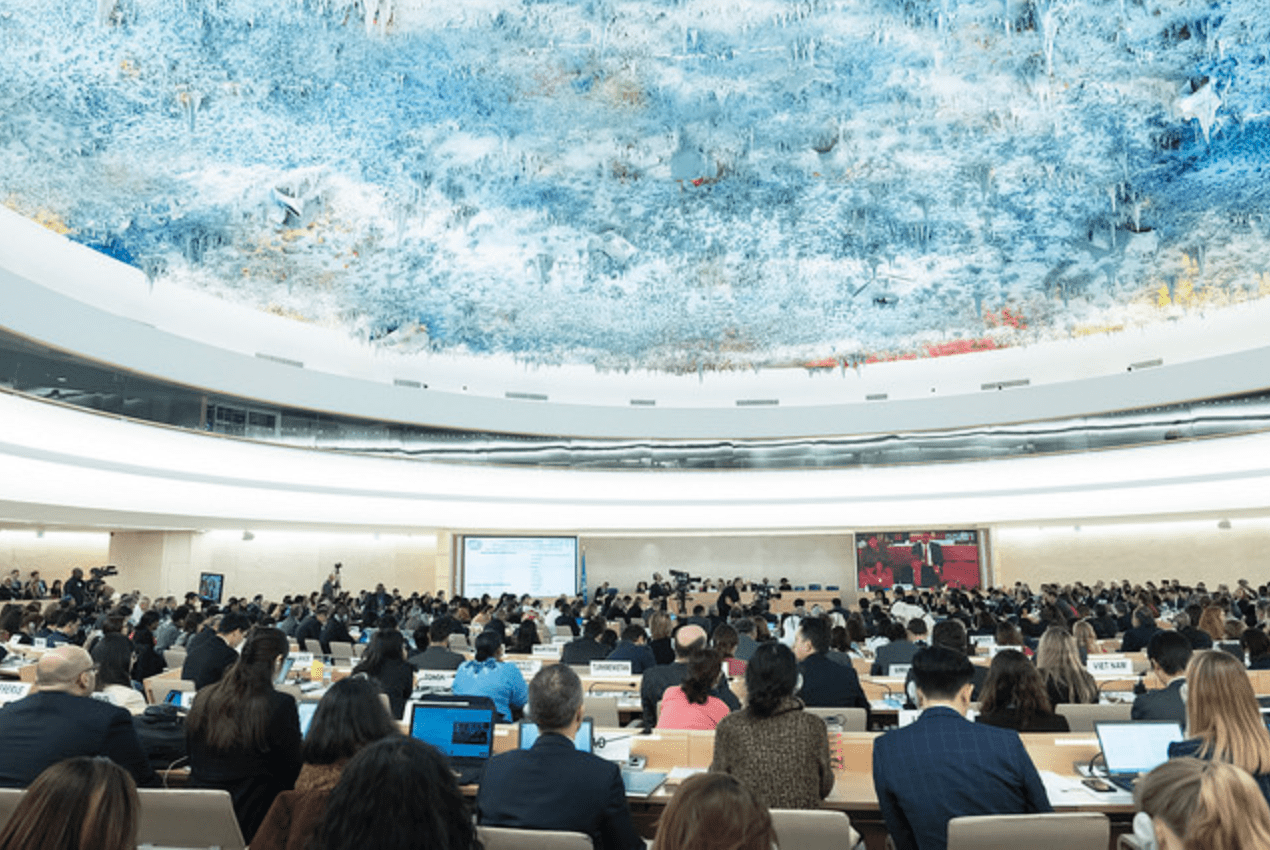
HRC39 – MRG and IDSN call for greater attention to the situation of persons affected by caste-based discrimination
UN Human Rights Council
39th Regular Session
General Debate – Item 8 (Follow-up and Implementation of the Vienna Declaration and Plan of Action)
Joint statement from IDSN and Minority Rights Group International
Mr. President,
The Vienna Declaration and Programme of Action represented a watershed in terms of equality and non-discrimination. Read in connection with the 2030 Agenda, it should leave no one behind, including those suffering from caste-based discrimination.
MRG and IDSN would like to recall that caste-based discrimination, or discrimination based on work and descent, practiced around the world, is in itself and entails very severe violations of human rights. In South Asia and in diaspora communities, persons belonging to scheduled castes, the Dalits, continue to face deep-rooted social stigmas, as victims of the untouchability practice. Such stigma perpetuates through generations, impacting directly on the equal enjoyment of rights by this group. Dalits are assigned to the most menial and hazardous jobs, and are often subject to exploitation and debt bondage. Due to discrimination and exclusion practiced by both state and non-state actors, they have limited access to resources, services and development opportunities, keeping most Dalits in severe poverty.
Despite policy developments and new legislation in some countries, fundamental challenges still remain in all caste-affected countries. Dalits and similarly excluded caste groups are often de facto excluded from decision-making processes. Defective legislation or lack of enforcement, coupled with judicial caste-bias, frequently lead to complete impunity for perpetrators who have committed violations of human rights against Dalits and other similarly excluded caste groups.
The situation of Dalit women is even more dire. They suffer specific gender-based and caste-based violence often encouraged by a culture of impunity, as the CEDAW Committee has warned. The Special Rapporteur on Violence against Women underscored that Dalit women and girls are often displaced, pushed into prostitution and victims of trafficking. Former High Commissioner Pillay underscored that “our outrage is not enough”, in view of the failure to address the intersectional discrimination against women and girls and on the basis of caste.
MRG and IDSN encourage this Council to pay increased attention to the situation of persons affected by caste-based discrimination, building on the extensive work undertaken on this issue by UN treaty bodies., Special Procedures, and civil society actors.
I thank you.